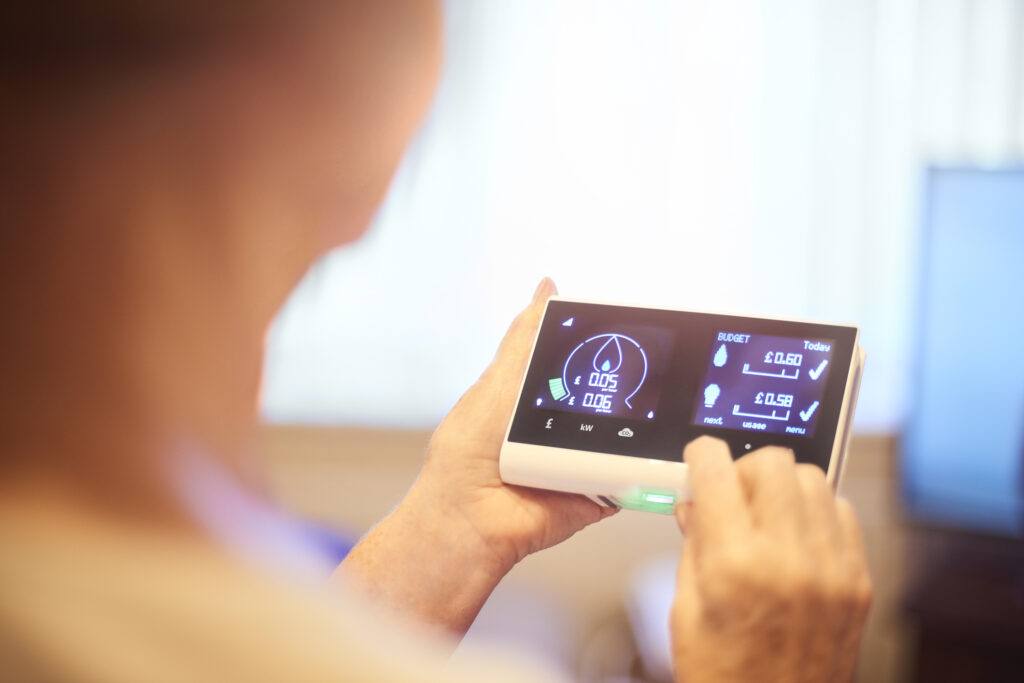Although progress has been made in the rollout of smart meters, the Department for Energy Security and Net Zero (DESNZ) “faces challenges in meeting its latest targets”, according to the National Audit Office (NAO).
In its latest report, which provides an update on the rollout of smart meters, the NAO flagged that the industry is facing several challenges in achieving the department’s current targets, including a shortage of installation engineers and disagreements with suppliers.
According to the report, suppliers argue that “they have exhausted the ‘low hanging fruit’ of customers who want devices and therefore call for new policies to support the roll out – such as mandating that any new homes built have a smart meter installed by default”.
Because of this, the government is expected to face difficulties in reaching its smart meter target which initially was targeting 100% coverage by 2025 before this was scaled back to have smart meters installed in 80% of homes and 73% of small businesses by the end of 2025.
Alongside this, the latest data from DESNZ indicates that 57% – more than 32 million – of all meters in Great Britain are now smart, although around 9% of smart meters – around 3 million – were not working as intended in March 2023.
However, DESNZ has overcome several obstacles in recent months in regard to smart meters. One of which that the NAO highlights is working closely with industry to develop new smart meter technology that is able to be integrated into a wider variety of UK homes.
But in light of the increasing challenges, DESNZ has called on suppliers to improve their performance against installation targets and invest more in rolling out devices.
“The government has made recent progress in rolling out smart meters across Great Britain,” said Gareth Davies, the head of the NAO.
“The rollout is now at a crucial point – and the department should ensure it has robust information on both the total costs and benefits of smart meters to make decisions from an informed position to maximise value for money.
“DESNZ must now work with suppliers to get the programme on track, for the benefit of millions of consumers and small businesses and government’s wider environmental goals.”





